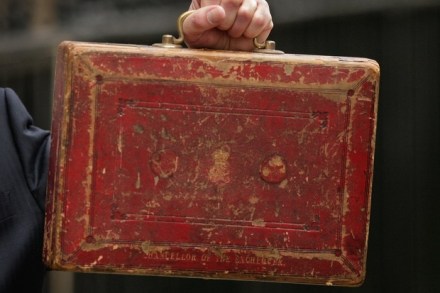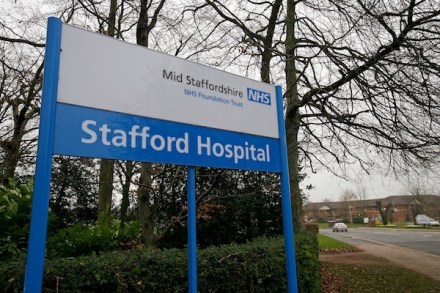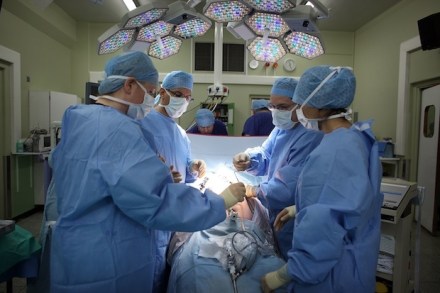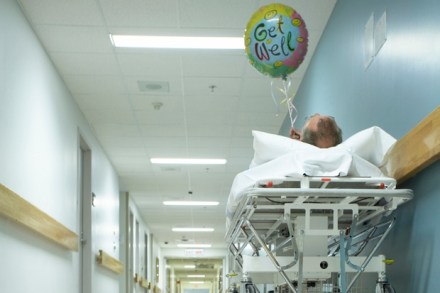Burning foetuses to heat hospitals: a perfect metaphor for modern Britain
By way of a metaphor for the way the NHS and, come to that, the law regards foetuses, you can’t really better the reality, viz, that foetal remains from abortions and miscarriages are being incinerated in NHS hospitals and possibly used to heat that hospital. If a foetus lives less than 13 weeks, it could, in Addenbrooke’s Hospital, for instance, be used as fuel as part of the hospital’s waste-to-energy schemes. And 13 weeks is just over three months’ gestation – the point at which wanted foetuses register as recognisably human on the scans that prospective parents take home and show their friends. Meanwhile, the unwanted foetuses, or the ones




















